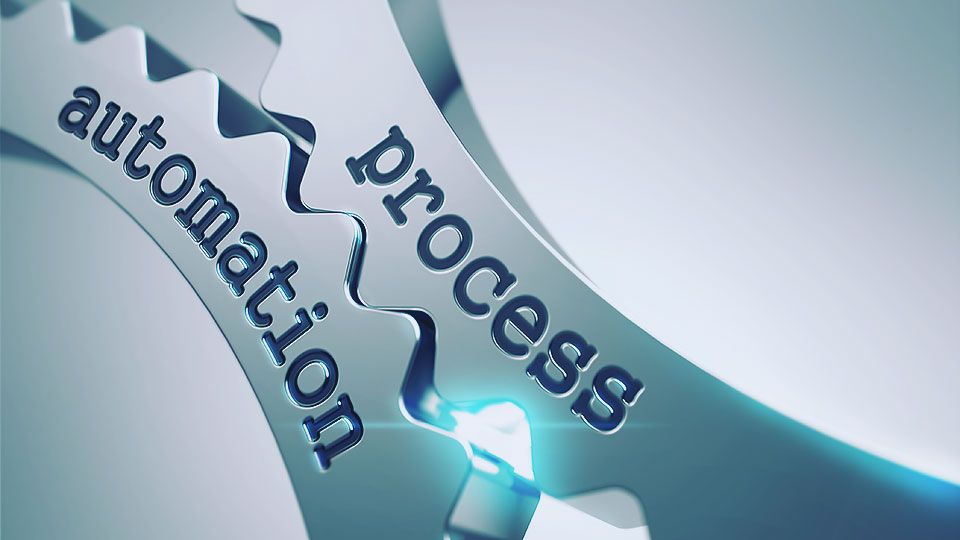
Automation within Ansys Mechanical Using Python
Coding in Ansys Mechanical made easy

Learn how to write your own scripts: from automatic geometry selection to standardized reports. This training is offered as a 2-day course or alternatively as a self-paced eLearning course.
Duration
2 days
Prerequisites
Basic knowledge of Ansys Mechanical, Programming knowledge in Python
Software used
Ansys Mechanical
- Reduce time-consuming routine work and increase productivity
- Automate preprocessing & postprocessing and avoid errors in model construction
- Automated processes and producing individual reports for your company
- Step by step progress towards creating your first own script for everyday simulation work
Description
The introduction of scripting makes it possible to use the widely-used Python programming language to develop individual routines for Ansys Mechanical. In this way, you can automate time-consuming pre- and post-processes and thus execute them reliably, efficiently and in a reproducible manner.
In this training, you will acquire all the relevant basic knowledge required for practical implementation: from simple ways of script recording to the creation of complex, intelligent automation solutions. This will include the fundamentals of the Python programming language, techniques for checking your source code, loading data, and using programming libraries to enable you to work efficiently.
Get a first impression and test the first eLearning module of this training course without any obligation. No costs, no notice period.
Detailed agenda for this 2-day training
Day 1
01 Recording: an Easy Way to Produce Your First Script
- Working with the script editor: focus on recording
- Reusability & modification of recordings
- Creating buttons in the toolbar to run your own scripts
- Exercise: recording and reproducing a simulation task
02 IronPython: the Ansys Mechanical script language
- Basics of the programming language
- Variables, data types, operators
- Functions, objects, and methods
- Loops and case distinctions
- Efficient and structured programming using Python
- Recommendations for further individual study
- Exercise: Accompanying examples
03 From Simple Recording to Flexible Scripts
- Objects in the structure tree from the Python perspective
- Working with the script editor: focus on manual scripting
- Extending the range of recorded scripts
- Tips on best practice for use when creating your own scripts
- Exercise: automated evaluation of results
04 Smart Geometry Recognition
- Difference between geometry in the structure tree and geometry in the graphics window
- Reading geometry data
- Working with selections
- Using geometry selections for preprocessing and postprocessing
- Exercise: Create evaluation path normal to the component surface
Day 2
05 Accessing the Structure Tree
- Better understand objects in the structure tree
- In-depth analysis and verification of object information
- Load-step-dependent modification of boundary conditions
- Criteria-based addition and editing of standard features
- Exercise: Automated modification and analysis of structure tree objects
06 Automated Postprocessing
- Retrieving information from result objects and the result file
- Accessing tabular information
- Evaluation of results with large models
- Batch generation of Microsoft Excel charts
- Exercise: Automated detection of Hotspots
07 Generating Standardized Reports
- Camera orientation and modification of display options
- Setting the legend
- Managing the flood of images
- Generating Microsoft Word reports in batch
- Exercise: importing images and tables into your own report templates
08 Areas of application for Mechanical scripting
- Demonstrating advanced applications for Mechanical
- Scripting: ACT, PyAnsys
- Using Ansys Python Manager
- Exercise: Interaction with Ansys Mechanical using PyMechanical
Your Trainers

Florian Hollaus

Susanne Haase

Daniel Soukup

Vincent Constantin
Placement in the CADFEM Learning Pathway
Participant data
Additional information
Commentary
Get a first impression and test the first eLearning module of this training course without any obligation. No costs, no notice period.
Whether eLearning, classroom courses, live online training or customized workshops - together we identify the best option for you.
What CADFEM customers are saying
Do you have questions on the training or the eLearning?
If you book through your university, you will receive a 50% discount on the stated fee on training courses and eLearning courses.
For more information on the validity and how booking with the code ACADEMIC50 works, please visit our page on training for academic users.
Straight after you sign up, an automatic confirmation of receipt will be sent to the email addresses you provided. Once you have successfully verified the data you provided, you will receive your personalized sign-up confirmation, containing further information on course fees, the billing address, etc., by email within two to three working days.
As soon as the minimum number of attendees has been reached, you will receive a final training confirmation containing further information. If you have booked an on-site training, we recommend that you wait until you have received this final confirmation before booking your travel and accommodation.
If the minimum number of attendees is not reached, we reserve the right to cancel the training seven days before it is due to start at the latest. We are happy to inform you on changing your booking to an alternative date. Please note that we accept no liability for hotel or travel bookings that attendees have already made.
Usually the training courses start at 9:00 am and end at 5:00 pm of the respective local time. The actual course times will be stated in the booking confirmation. Please note that, depending on the training host, there may be a possible time shift between your and the provider's local time. Therefore all local times are provided with the valid time shift to Greenwich Mean Time (GMT).
To get a clear impression of our online learning format, we offer you a trial allowing you access to the starting module of an eLearning course of your choice. No costs, no cancellation period or anything similar. Moreover, with this free test access you can check all the technical requirements for a smooth learning process. You can easily request the free module from any eLearning course.
Each online course day comprises four eLearning modules. You should ideally allow 90 to 120 minutes of uninterrupted learning time for each module. This will allow you to acquire the knowledge provided by a module and to consolidate it through quiz questions and Ansys exercises. By dividing each module into micro learning units, you can also make good use of smaller time windows, such as on your commute.
Prerequisite for the use of the eLearning courses is the use of a personalized access to the CADFEM learning platform. When purchasing an eLearning course, access to the learning platform is 365 days. As a subscription user, access to the learning platform starts and ends with the start and end of the flat rate. With the start of a further learning product (Learning Subscription, training, eLearning), access to your content is extended by 365 days.





